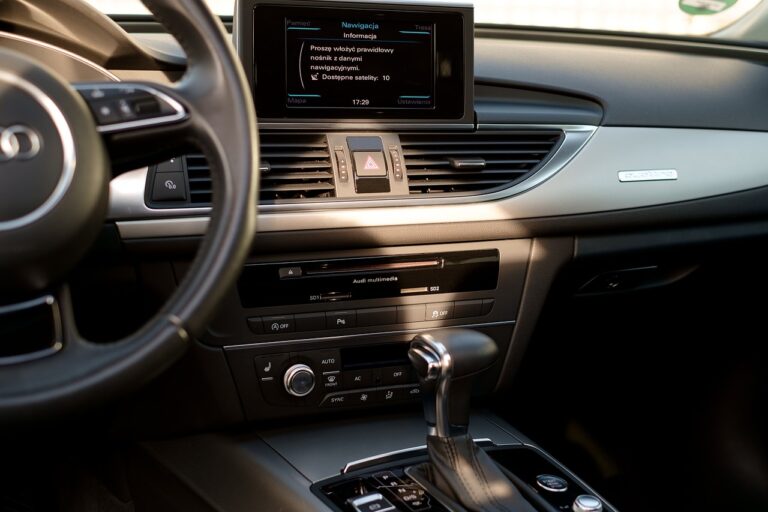The Role of Big Data in Car Maintenance
Onboard diagnostics have come a long way from simple error code detection to embracing the world of big data. With the integration of advanced sensors in modern vehicles, data collection has become a cornerstone in identifying potential issues before they escalate. The wealth of information gathered from various components of a car now allows for a more comprehensive analysis of its overall health and performance.
Moreover, the real-time monitoring capabilities provided by big data analytics enable car manufacturers and technicians to proactively address emerging problems. By leveraging this wealth of data, car diagnostics can now swiftly pinpoint irregularities and provide insights into potential malfunctions. Gone are the days of relying solely on physical inspections; big data has elevated the efficiency and accuracy of diagnosing car issues, ensuring a safer and more reliable driving experience for motorists.
Predictive Maintenance: Anticipating Issues Before They Arise
One of the most significant advancements in the automotive industry is the utilization of predictive maintenance to anticipate and address potential issues before they escalate. By leveraging big data and advanced analytics, car manufacturers and service providers can now monitor various components and systems in real-time to detect anomalies and predict potential failures. This proactive approach not only minimizes the risk of unexpected breakdowns but also enhances safety on the roads by preventing potential hazards.
Through the continuous monitoring of key performance indicators and the analysis of historical data, predictive maintenance enables car owners and fleet managers to optimize the lifespan and efficiency of their vehicles. By identifying patterns and trends in the data collected, automotive professionals can schedule timely maintenance and repairs, reducing downtime and increasing overall productivity. This data-driven approach not only saves time and money but also ensures that vehicles are operating at their peak performance levels, ultimately enhancing the overall driving experience for consumers.
Improving Vehicle Performance Through Data Analysis
In the realm of automotive advancements, data analysis has emerged as a potent tool in enhancing vehicle performance. By harnessing extensive datasets generated by modern cars, manufacturers and technicians can delve into intricate details to optimize every aspect of a vehicle’s operation. From fine-tuning engine parameters to maximizing fuel efficiency, data analysis is the key to unlocking peak performance potential.
Through in-depth examination of real-time operational data, anomalies and inefficiencies can be swiftly identified and rectified. This proactive approach not only ensures smoother driving experiences for consumers but also contributes to prolonging the longevity of vehicle components. By leveraging the power of data analysis, the driving landscape is poised to undergo a transformation where vehicles are finely tuned to deliver unparalleled performance and reliability.





